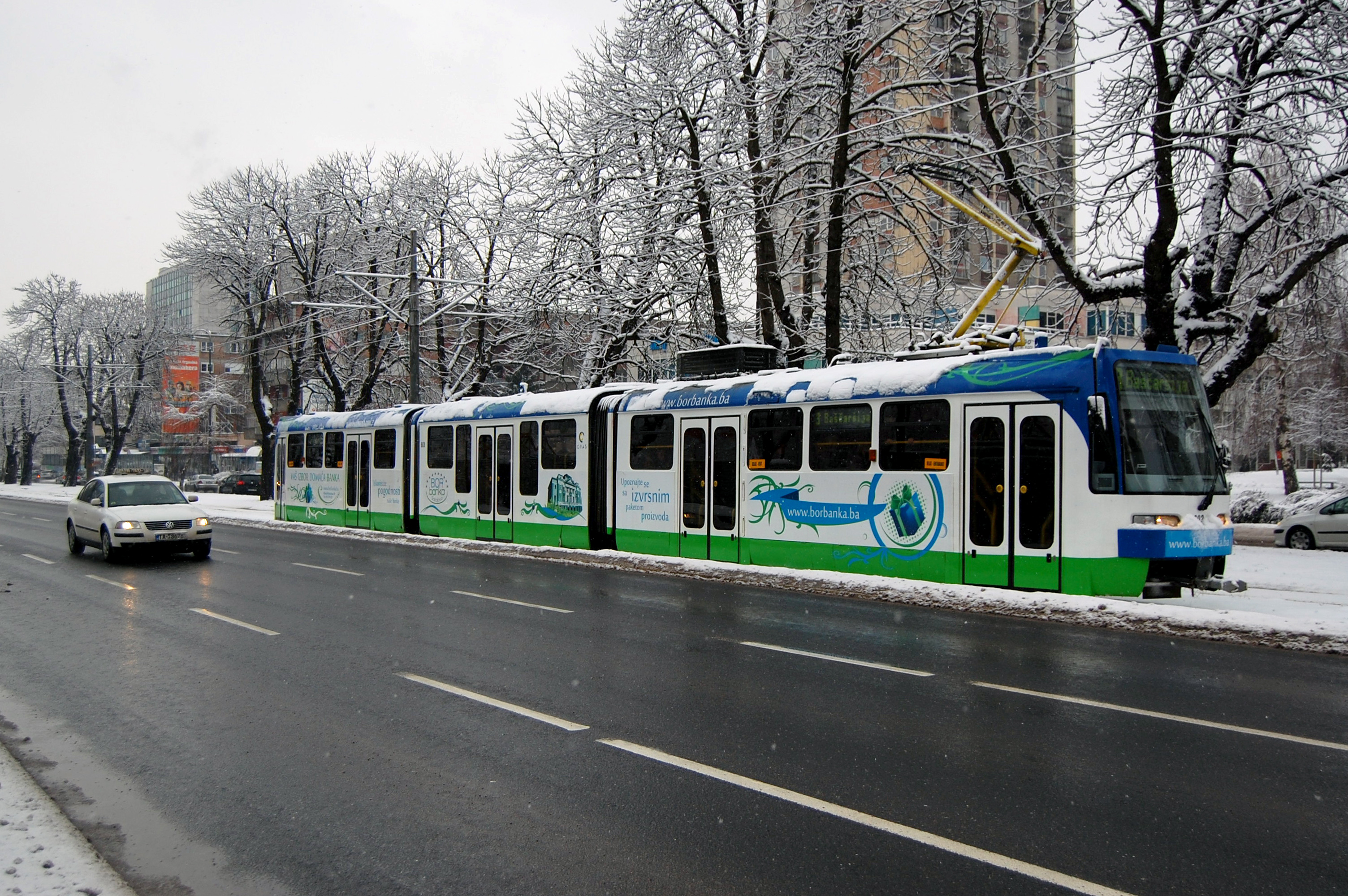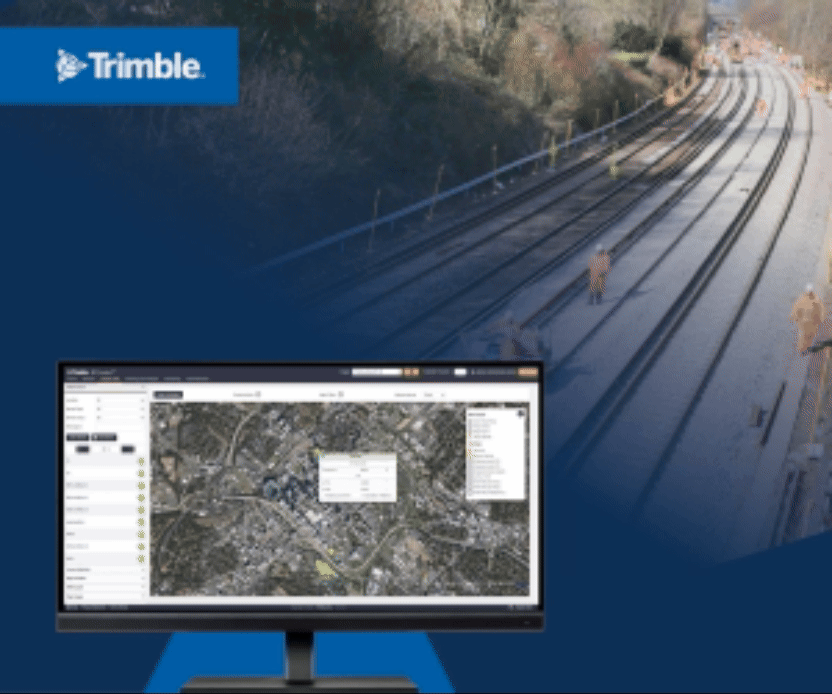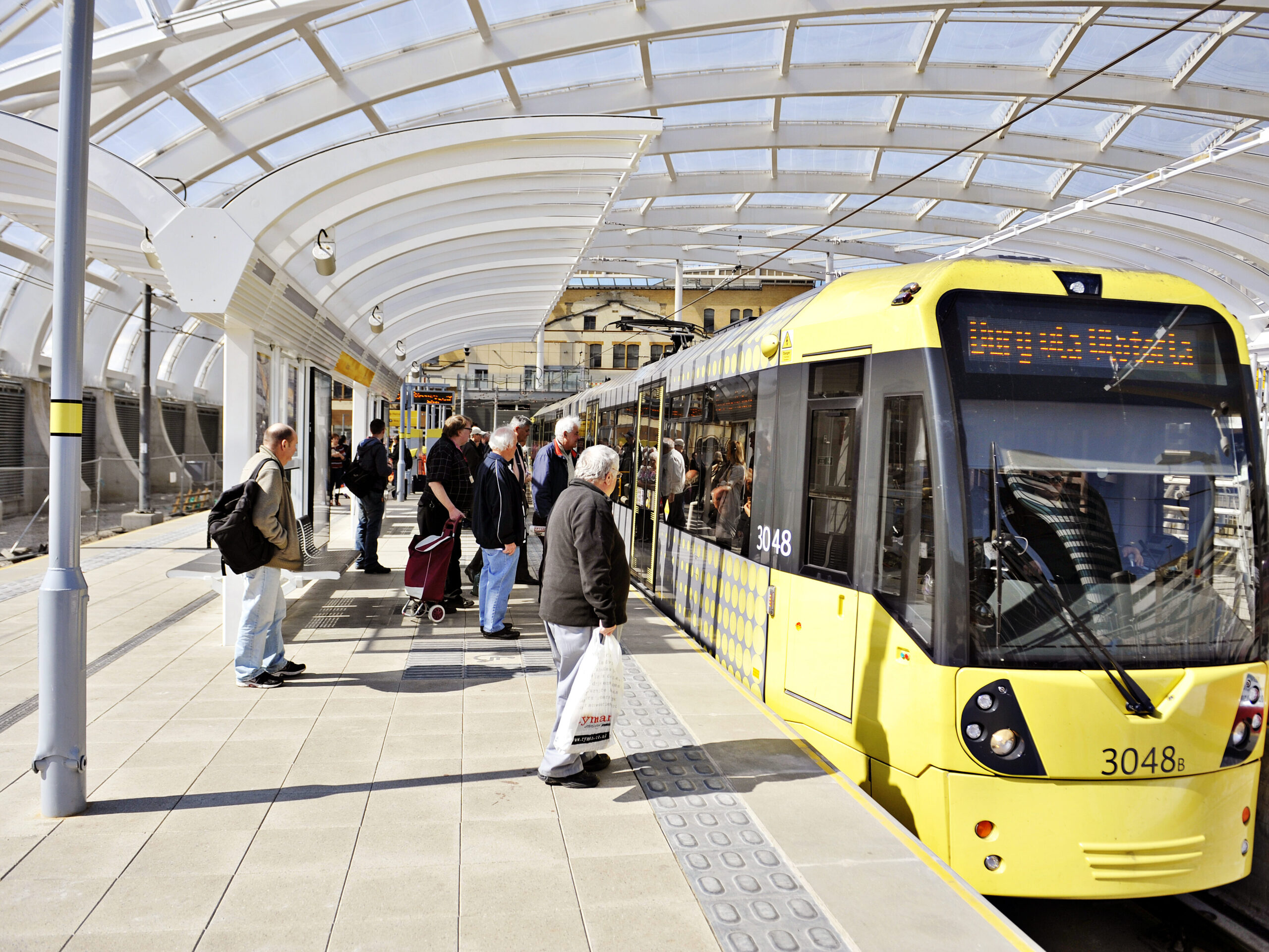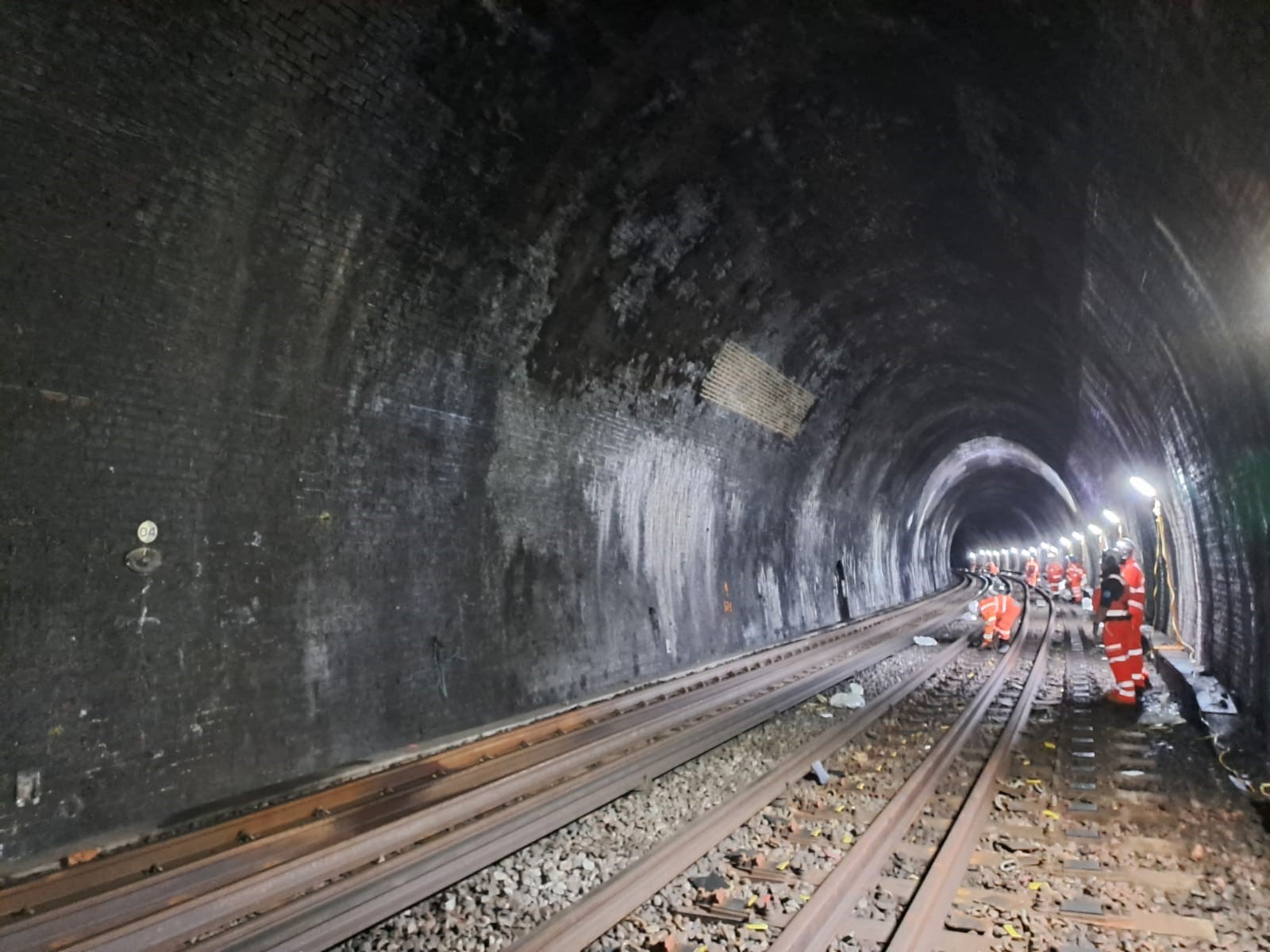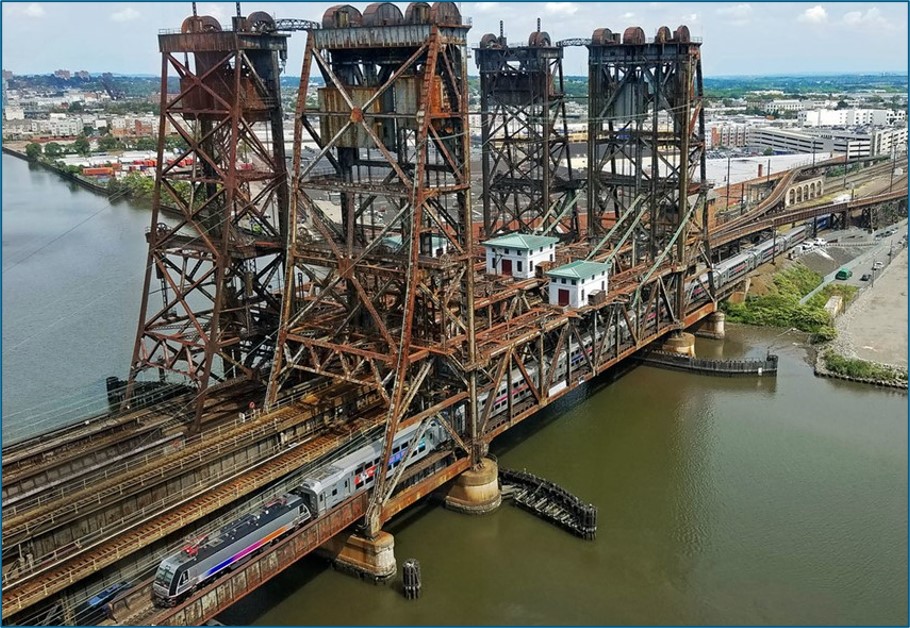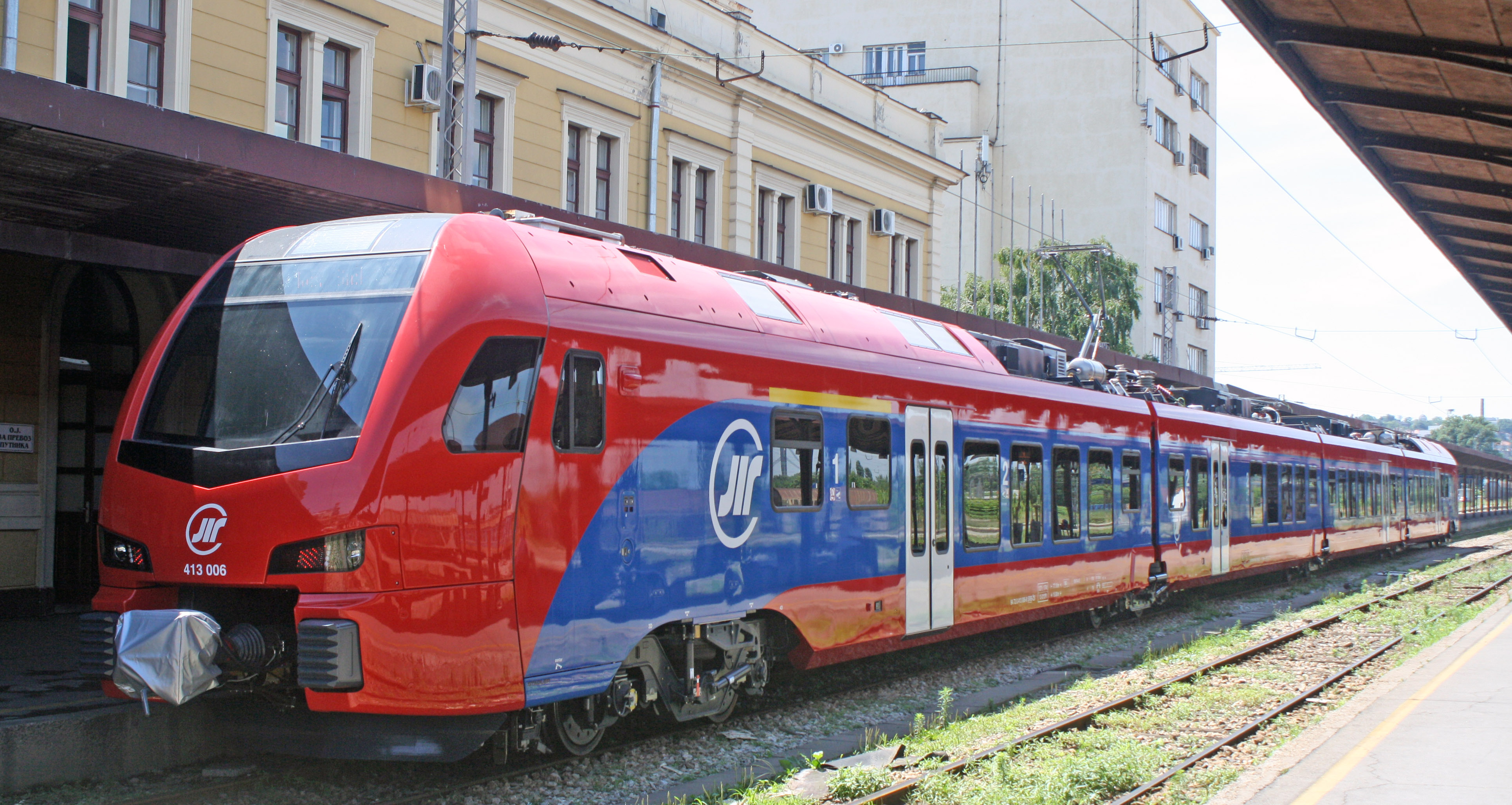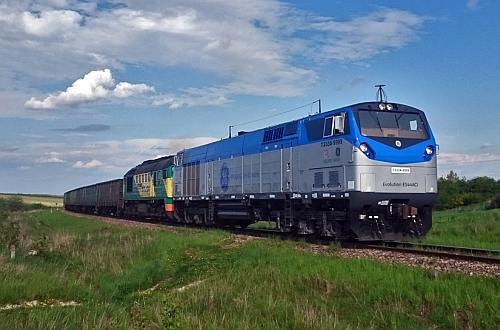The EBRD Green Cities programme will boost public transport in Sarajevo.
The European Bank for Reconstruction and Development (EBRD) and the Ministry of Finance and Treasury of Bosnia and Herzegovina signed to loan agreements under the EBRD Green Cities programme to improve public transport in Sarajevo. The first loan is for 20 million euros to overhaul the 19.5km dual-track timeline, operated by Gradski saobraćaj d.o.o. Sarajevo (GRAS). The tram network is almost 50 years old. A lack of investment over the decades has caused it to deteriorate badly. The 20 million investment will pay for new tracks, which will in turn improve the network and allow new, cleaner trams to carry passengers.
The second loan is for 15 million euros. It will give GRAS the necessary funds to purchase up to 25 new electric trolleybuses.
These two improvements together should bring about a reduction in carbon emissions of more than 30 percent, a much-needed step forward in addressing the high levels of air pollution in Sarajevo. In addition to the environmental benefits, these changes will also increase capacity and efficiency.
Charlotte Ruhe, EBRD Managing Director for Central and South-Eastern Europe, said:The number one environmental challenge in Sarajevo is air quality, with cleaner and greener transport seen as one of the key means of addressing it. These two new EBRD Green City projects will provide residents with efficient and green public transport. Not only will the investments improve air quality by reducing vehicle emissions, but modernisation will also have an indirect impact by supporting a shift away from polluting diesel cars.
EBRD Green Cities Programme
The EBRD Green Cities programme is designed to help improve the environment and quality of life for residents. First, the participating cities implement a trigger project to improve their local environment. Next, the EBRD helps them create a Green City Action Plan – a tailor-made list of further environmental investments and policy changes that will address the environmental challenges.
The Canton of Sarajevo joined in May 2017. Since then it has developed an action plan with help from the Japanese government. The action plan identifies investment in urban public transport infrastructure as a key focus for Sarajevo. The inadequate nature of the city’s public transport system means residents rely on cars, making congestion a big problem. This in turn causes both air and noise pollution.
Also read:
- Serbian State Railway Company Gets €100m Rolling Stock Loan from EBRD
- CZ Loko Continues Locomotive Upgrades for Estonian Operail

